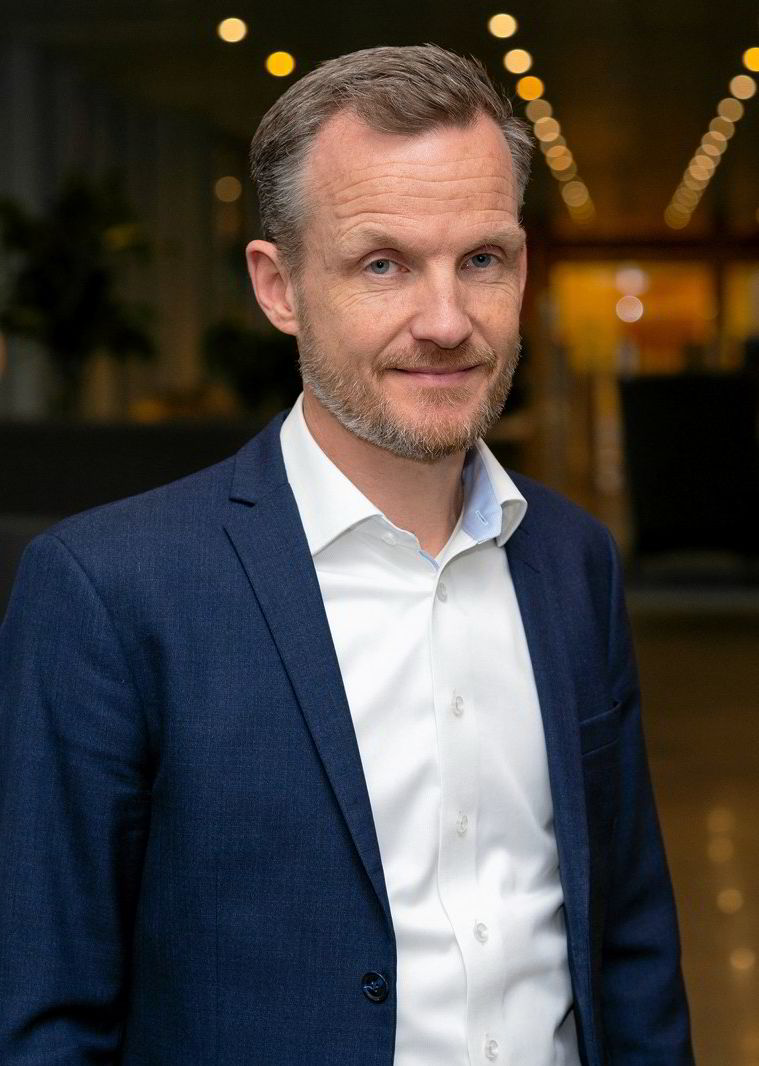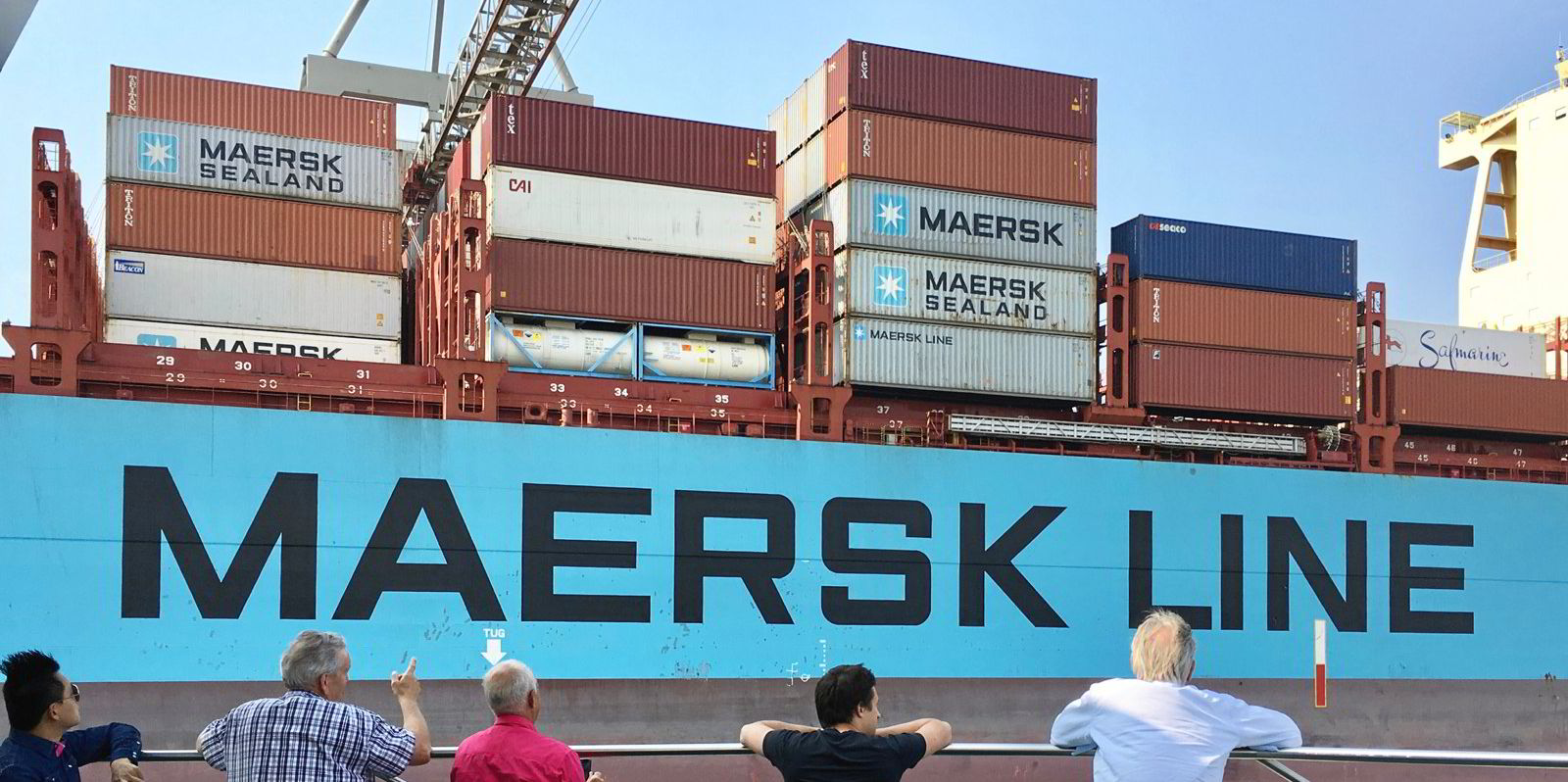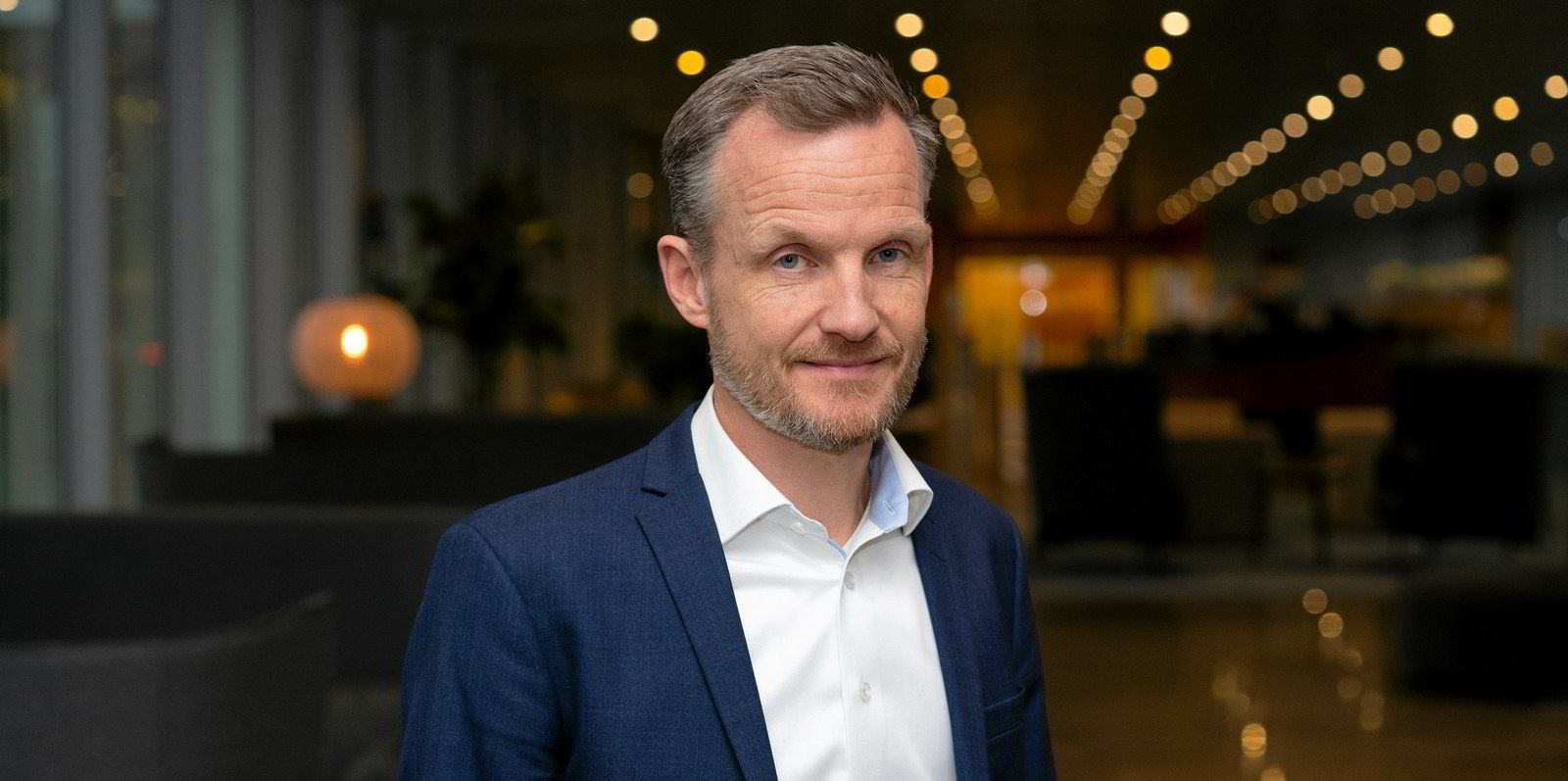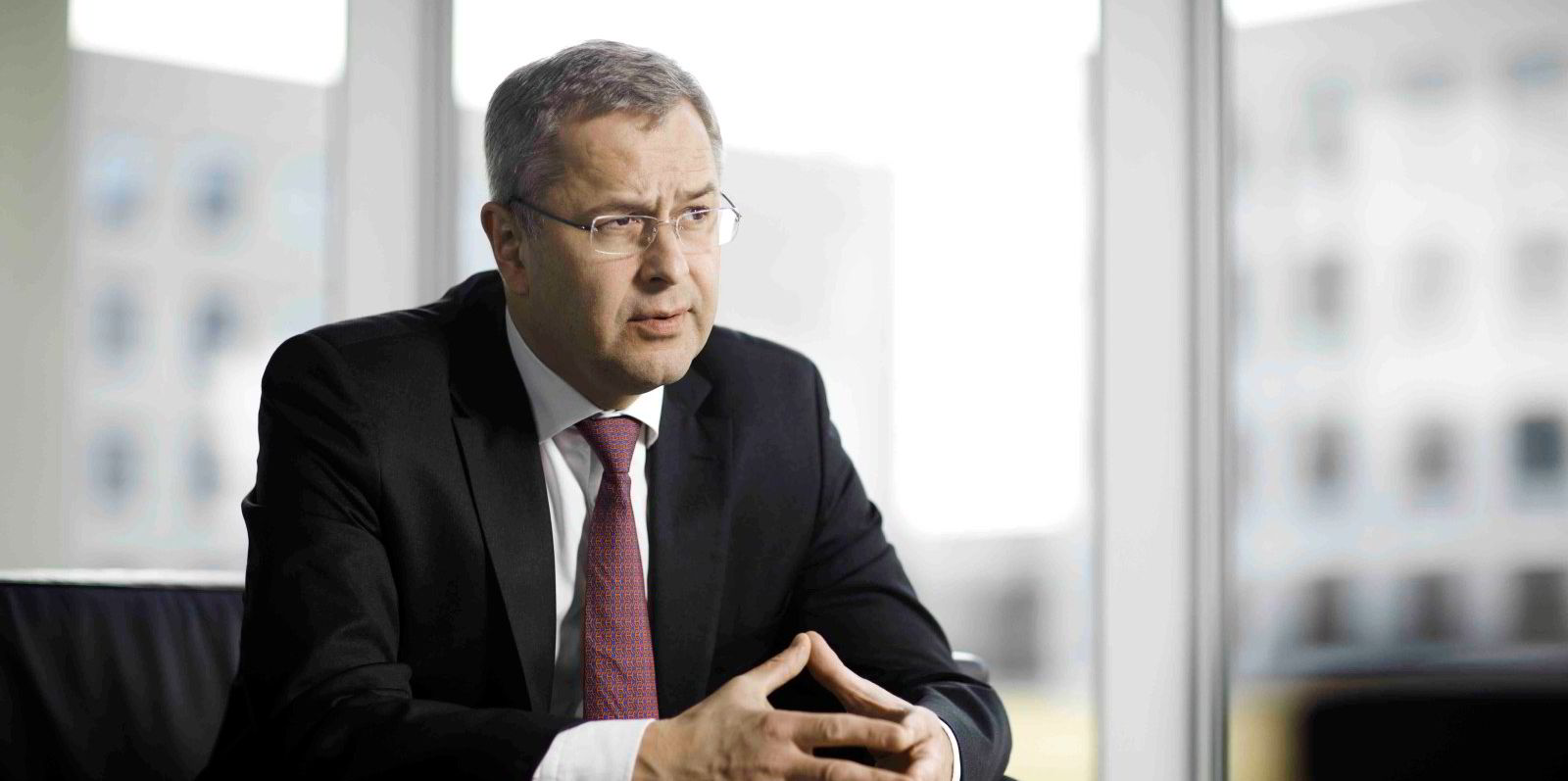The decision by AP Moller-Maersk to order eight huge new container vessels capable of being powered by methanol is a powerful — and necessary — statement.
It gives a lead to smaller and less financially robust shipping companies struggling to cope with the uncertainty surrounding decarbonisation.
It is a good time to act: the latest United Nations' climate change talks — COP26 — arrive in eight weeks' time hosted by Glasgow.
Pressure is building on the UK to call a halt to new oilfields, such as the Cambo project off Shetland being developed by Shell.
The destruction by Hurricane Ida in Louisiana this week highlights once again the destructive powers of a changing weather system.
Shipping has been seen as a laggard in the energy transition and Maersk’s bet on methanol looks well-timed and brave.
The world’s largest liner operator does not have all the answers yet but it recognises a bold step is needed.
No one knows at this point which type of green fuel will power the future of a shipping industry that produces 3% of the world’s CO2.
Decision time
Policymakers — particularly the International Maritime Organization — have not given guidance, instead dithered over the wider issue.
We really need a global carbon tax to hasten the energy transition by altering the price differential between black and green fuels.
Fossil-based fuels have not been paying for the cost of the damage we now know they have been wreaking on the planet.
Shipowners, like car makers and power producers, have been left waiting for regulatory change before making green investments.
With this often absent, it has been left to the corporate sector itself to break the logjam and take some dynamic decisions.
Clearly it could still go wrong for Maersk, as some different form of fuel could end up being more widely adopted and cheaper.

There is increasing pressure on liner companies to act from their consumer-facing big brand customers who want a zero-carbon supply chain
Shareholders would no doubt criticise the Maersk board with the wisdom of hindsight.
But in a liner world awash with free cash from the current freight rate boom, it is a limited gamble to go a bit green.
Competitors such as CMA CGM and Hapag-Lloyd have been moving towards LNG-fuelled ships.
But Maersk has rejected the use of a lower carbon fossil fuel in favour of a leap to potentially zero-carbon engines.
The eight new vessels capable of carrying 16,000, 20-foot containers each will be able to run on both “green” methanol and traditional bunker fuel.
The firm ships under the deal — which includes a further option for four additional vessels at Hyundai Heavy Industries — are costing $175m, which it claims is between 10% and 15% more expensive than orthodox diesel-powered tonnage.
The handful of vessels is a small part of the total 500-strong fleet but the company declared earlier this year that all future newbuildings would be contracted with dual-fuel capability.
Fuel availability
The real issue for Maersk is not so much the ships with MAN Energy Solutions-designed engines — but fuel availability.
The Copenhagen-based company admits it needs to ensure that there is enough methanol available to run the vessels by the time these particular ones hit the water from 2024.
Earlier this year, Maersk did contract new, smaller, methanol-fuelled feeder tonnage to enter service in two years’ time.
There is increasing pressure on liner companies to act from their consumer-facing big-brand customers who want a zero-carbon supply chain.
Methanol can be made in a variety of ways but Maersk is hoping for a “green” version, using hydrogen from renewable sources and CO2 from the atmosphere.
That is not to say there are not significant questions over exactly how that green hydrogen will be produced or whether an alternative biomethanol from wood or waste matter can really be scaled up.
Trail blazers
While other shipowners can be expected to follow the Maersk lead others continue to champion hydrogen itself or ammonia — as well as LNG.
The European Union Innovation Fund has just announced cash for four even wider research and development schemes.
These involve electric ferries, bio-liquefied natural gas for vessels, wind power-assisted cruiseships and tonnage run on green hydrogen via fuel cells.
Some shipowners want to just keep on going with fossil fuels until regulatory certainty and cost forces them into something different.
But shipping needs green trailblazers and big blue Maersk has stepped up to the plate.





